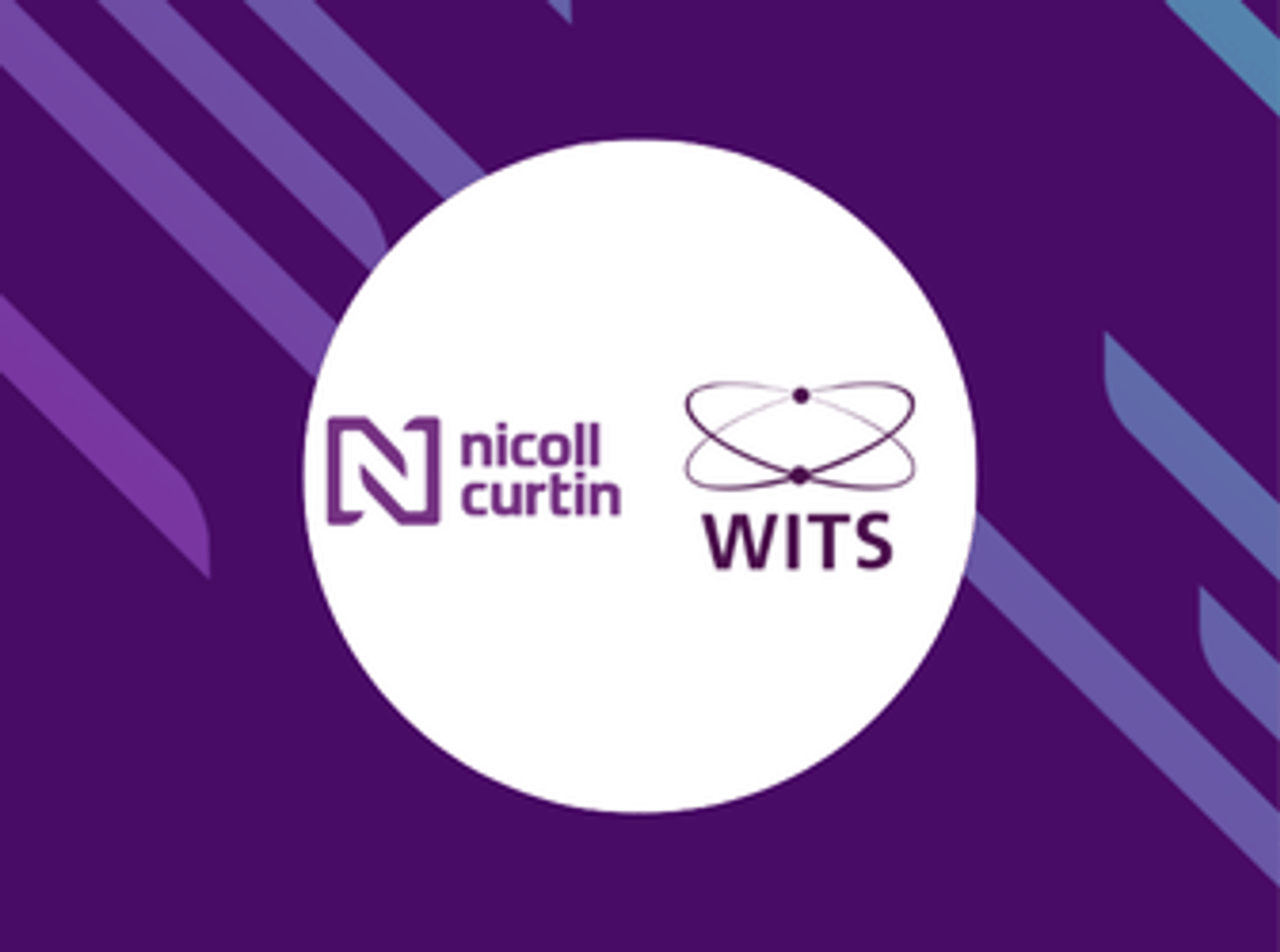When applying for software developer roles, it’s important to remember that technical skills alone won’t guarantee success. On average, a job posting receives around 250 applications, yet only a few candidates reach the interview stage. Hiring managers often highlight that many miss opportunities due to insufficient preparation. By focusing on problem-solving, teamwork, and clear communication, you can set yourself apart and advance in the tech industry. Here are six strategies that will help you approach your interviews with confidence.
1. Make the most of introductory interviews
Introductory interviews are your first touchpoint with a company and a chance to show what motivates you and why you're interested in the position. While usually less technical, they help hiring teams understand your communication style, interests, and cultural fit.
Talk about what draws you to the company’s mission or recent work, and what you are looking for in your next opportunity. Partnering with a technology recruitment agency can help align your approach with the company’s mission and culture. Recruiters often have direct contact with hiring managers, so they understand the team structure, the specific expectations for the role, and the company’s priorities. They will prepare you for interviews by sharing these insights and helping you focus on what matters most to the team, so you can present yourself with clarity and confidence.
2. Prepare thoroughly for the technical interview
A solid foundation in technical preparation is key to performing well in a developer interview. Many candidates focus only on basic concepts and are caught off guard by more complex problems involving algorithms, data structures, or system design.
Build confidence and sharpen your skills by regularly solving coding problems on platforms like LeetCode or HackerRank, and using mock interviews to simulate real scenarios. By practising regularly, you’ll improve time management, enhance problem-solving, and get more comfortable with common software developer interview questions.
Additionally, research the company’s tech stack and interview formats, such as whiteboard coding, pair programming, or take-home challenges. You can expect questions that assess your coding skills, algorithm knowledge, system design, debugging methods, and familiarity with specific tools or languages relevant to the role. Understanding the company’s products and challenges allows you to frame your answers in a way that shows your fit and value.
3. Take a thoughtful approach to coding problems
Starting to code before fully understanding the problem can sometimes lead to avoidable mistakes. Instead, take the time to address challenges thoughtfully and strategically.
Take a moment to clarify the requirements, ask questions, and sketch out a plan. Mapping your approach before coding shows that you’re methodical and mindful of structure, edge cases, and readability. This is a skill that goes far beyond the interview – it’s the foundation of writing high-quality, maintainable code.
4. Test and debug as you go
Quality is just as important as speed. Interviewers value candidates who test their code, identify issues, and handle bugs with a calm, analytical mindset.
Even simple tests with different inputs can demonstrate your thoroughness and attention to detail. Narrate your thought process while debugging to show resilience and a proactive attitude, which are key qualities employers look for in software engineers across global technology job markets.
5. Focus on behavioural questions
While it’s natural to focus on the technical side, companies are also looking for developers who are strong collaborators and a good cultural fit. Behavioural and situational questions are a chance to show how you work with others, adapt to challenges, and contribute to team goals.
Reflect on past experiences where you solved problems, learned from setbacks, or led projects. For example, if asked to talk about a time you faced a challenging bug, think of a moment where the issue impacted delivery, how you diagnosed it, what actions you took, and the outcome. Focus not just on the technical fix, but how you collaborated with others, managed time pressure, or communicated with stakeholders.
6. Reflect and improve with each interview
Approaching every interview as a learning experience sets you up for success. Take time after each one to think about what worked, what challenged you, and what you might change next time.
A post-interview journal can be a useful tool for this reflection. It also helps you manage job rejection positively, turning disappointments into growth points that boost your confidence and readiness for future roles.









